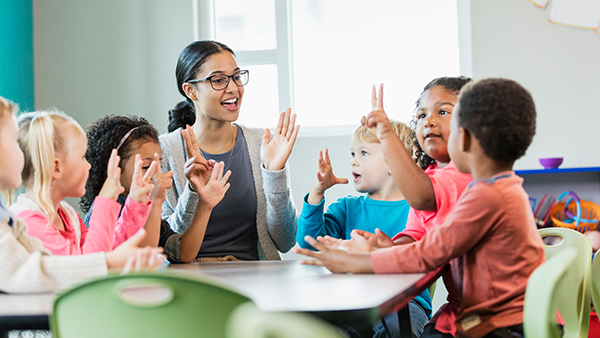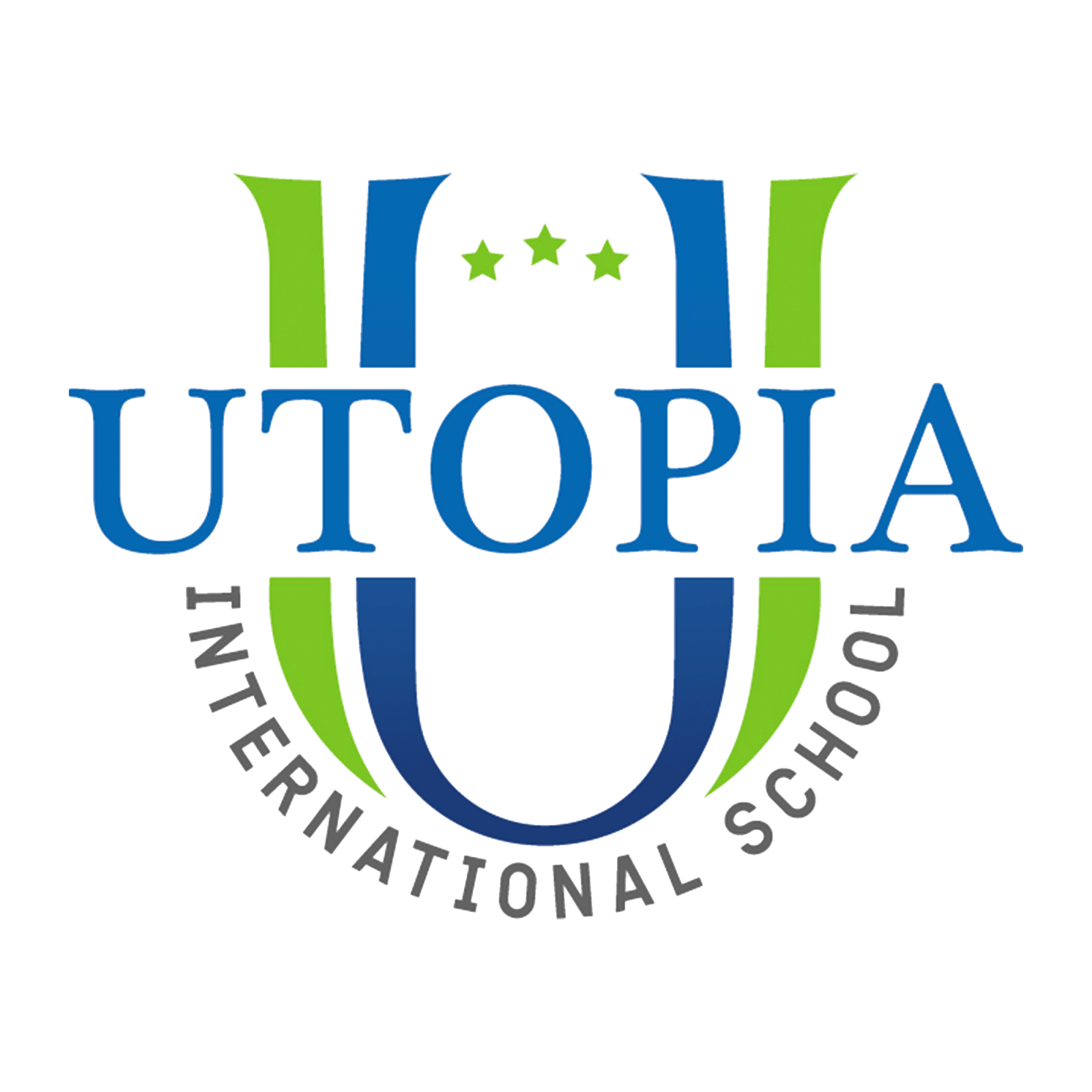
Early childhood education is a term that refers to the period of time from a child’s birth to when they enter kindergarten, according to Dr. Jessica Alvarado, academic program director for the BA in Early Childhood Development at National University.
According to Alvarado, it is an important time in children’s lives because it is when they first learn how to interact with others, including peers, teachers and parents, and also begin to develop interests that will stay with them throughout their lives.
But Alvarado says it’s a common misperception that early childhood education is only about learning basic skills. “It’s so much more than that,” she says. “It’s a time when children learn critical social and emotional skills and a partnership is formed between the child, their parents and the teacher.
When this is done successfully, it lays the groundwork for it to continue throughout the child’s education.”
Nations around that world are becoming aware of the importance of early childhood education as well. UNESCO (United Nations Educational, Scientific and Cultural Organization) is an international governing body whose mission is “to contribute to the building of peace, the eradication of poverty, sustainable development, and intercultural dialogue through education.” Here’s what the organization says about the importance of early childhood education:
“Early childhood care and education (ECCE) is more than preparation for primary school. It aims at the holistic development of a child’s social, emotional, cognitive and physical needs in order to build a solid and broad foundation for lifelong learning and wellbeing. ECCE has the possibility to nurture caring, capable and responsible future citizens.”
